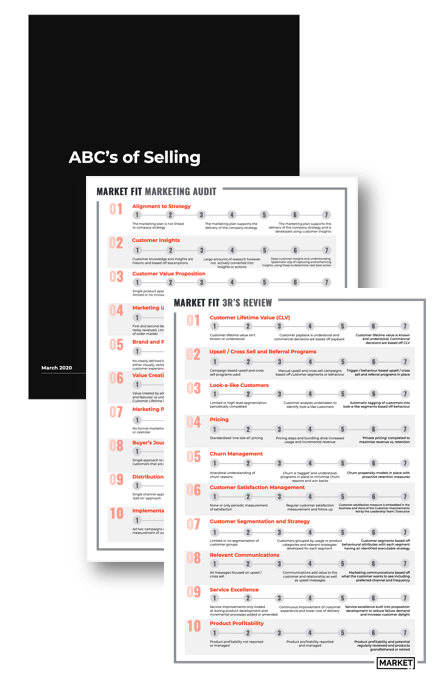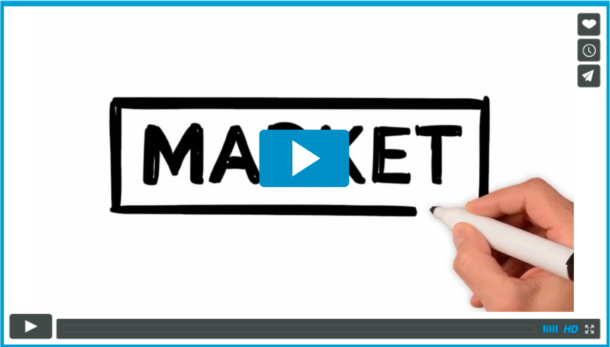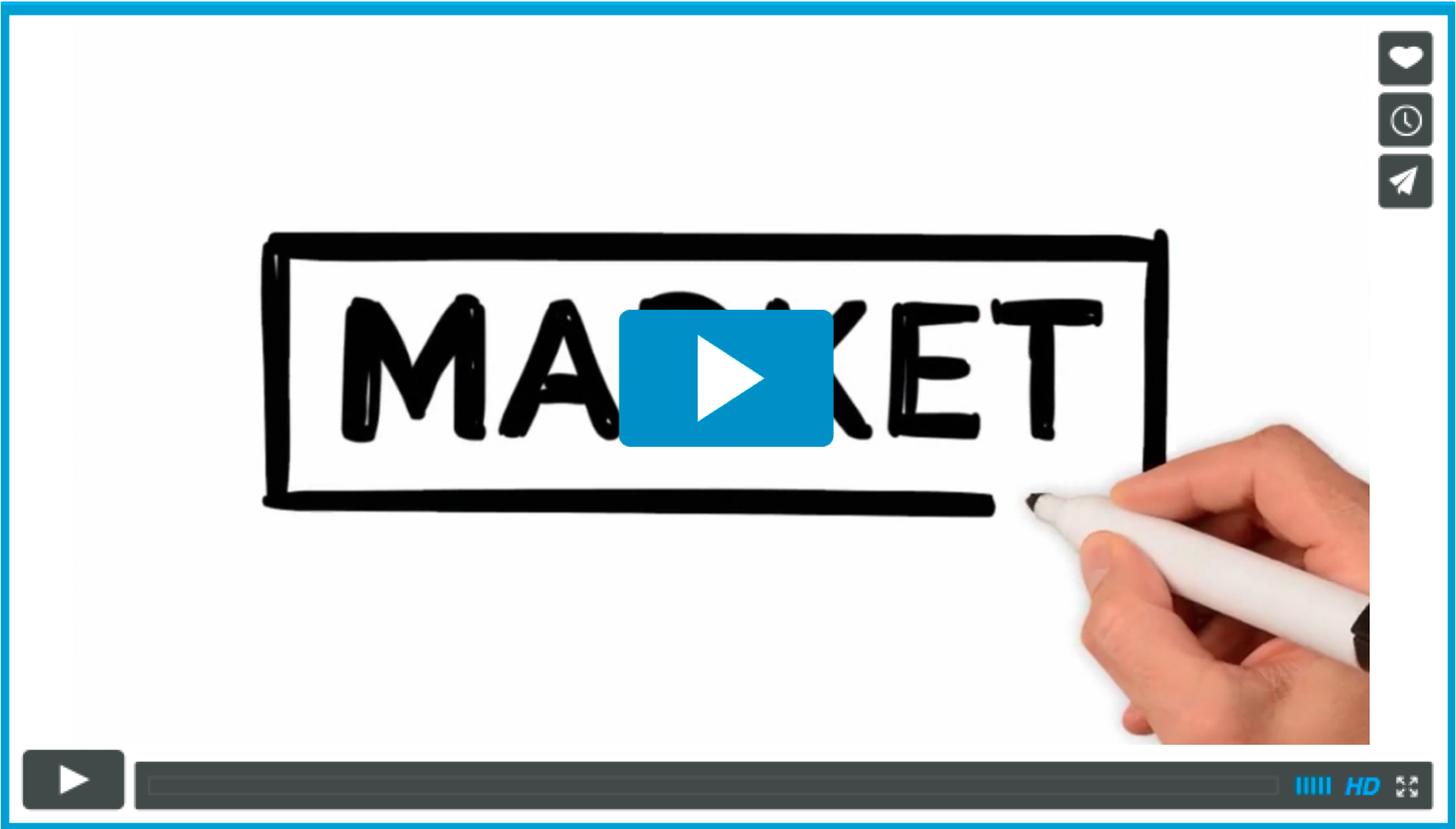Last week’s post happily generated a big response from my readers. For anyone who missed it, I used a great Seth Godin article to springboard into a wider discussion on marketing misconceptions. A large number of you wanted to discuss B2C vs B2B marketing, and how both work within my wider theories on marketing.
Whilst there are obvious differences in “how” you would approach B2B vs B2C marketing, the bottom line is both are in service of the same principle:
Marketing is solving customer’s problems, driving engagement, experience and revenue
Interestingly, whilst B2C marketing tends to be the ‘sexy’ and glamorous side of the trade, with large customer numbers, big data sets and oodles of agency/ad budgets, it’s actually B2B that has understood and worked longer with my key theme from last week – that marketing isn’t advertising.
Let’s revisit our three categories from last week, this time through the lens of a B2B marketer.
Customer:
B2B marketing tends to facilitate solution selling, where understanding the customer’s needs and matching your company’s offer to those needs is core. A B2B sales process will more likely be structured and rational – it’s driven from a need far more often than the typical B2C sale (usually driven by a want). In all cases though, it is based on a deep understanding of the client’s needs and a focus on solving their problem.
Commercial:
We talked last week about marketing getting beyond the research and reports, getting your hands “dirty” in sales calls, trade shows, and conferences. In other words gaining real experience of customers’ needs. This is the natural state of the B2B marketer – working hand in glove with sales, operational, and support teams, soaking up the end to end process and gaining clear vision of all pain points.
This end to end knowledge means B2B marketers really come into their own with bid management. They instinctively understand if a customer’s request is a bespoke customer development or could be worked into a saleable feature, and have clear vision of the cost of delivery. This in turn means they understand the ideal pricing structure, striking the balance between meeting the customer’s requirements and delivering the right profit for the business.
Connection:
Unlike the information “push” of B2C, B2B relationships start with customers identifying and defining needs, problems and opportunities, and then seeking information to solve that need.
B2B connections are made through personal relationships and consultative selling, understanding a customer’s problem and developing a relationship of trust. Moments of truth are characterised by open communication and delivering on the promises you make – this isn’t created through campaigns or a sale event, this is created through partnership.
So while the “how” may differ from B2B and B2C marketers, beneath it all:
Marketing is solving customer’s problems, driving engagement, experience and revenue.




